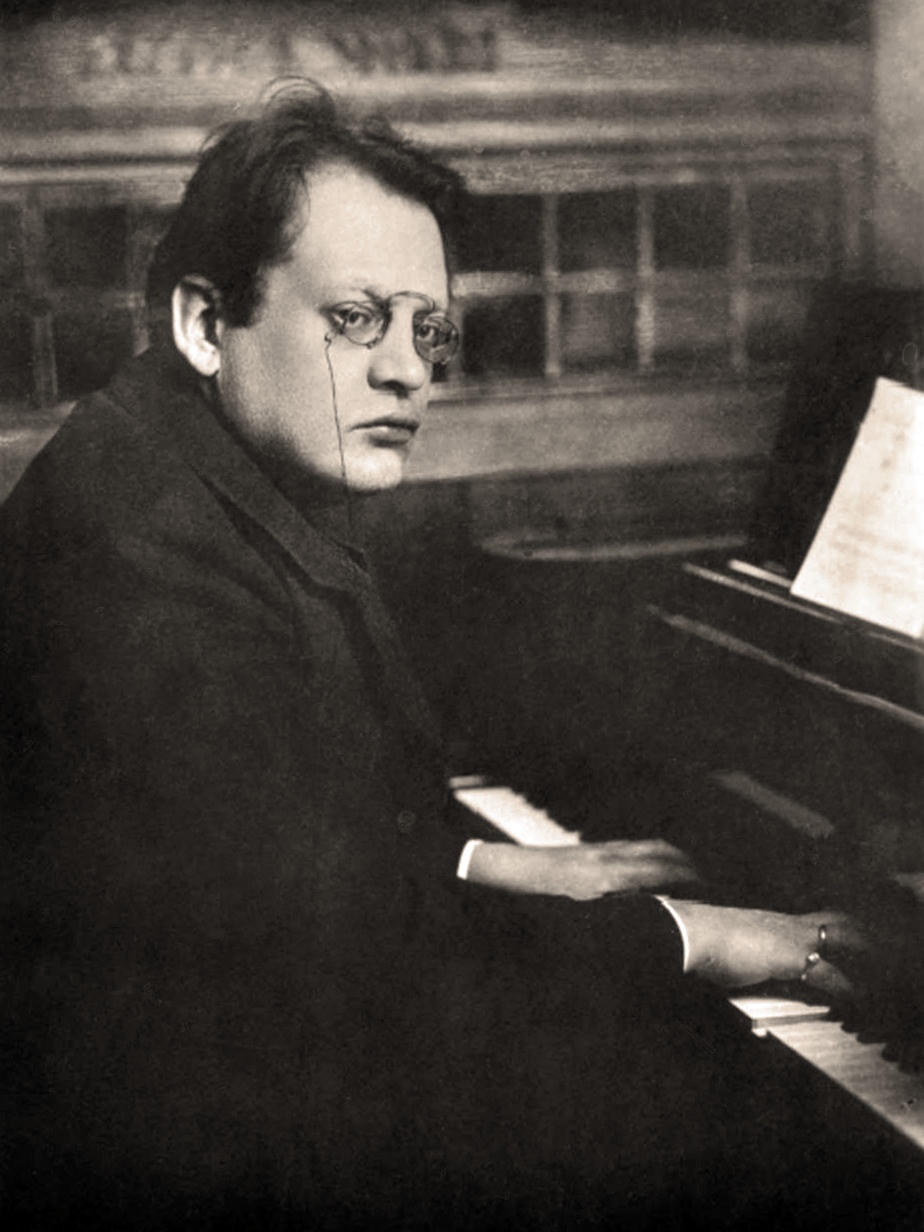
Max Reger, born Johann Baptist Joseph Maximilian Reger, was a late Romantic composer who was born in 1873 in Brand, Bavaria. Today, his work is all but forgotten, but during his lifetime, he was well known in Germany and gave many concerts a year. At 5 years old he began taking piano lessons with his mother, and in 1885 with the help of his father, he had repurposed an old pipe organ as a home practice organ.1 In 1890 he began studying music theory with Hugo Riemann, which continued for 3 years.2 By 1901, he had started his music career and had begun taking piano and organ students.1 During this time he would write a large variety of chamber music, as well as the incomprehensible Symphonische Fantasie und Fuge for organ. What followed was a long period of relocation after relocation as he attempted to balance his composing, teaching, and concertizing. The stress of all this work eventually led to him taking a break in Merano in 1914. During that year he would write some of his greatest large-scale works including the Variations and Fugue on a theme by W.A. Mozart and several works for organ. His constant overworking as well as his smoking and alcohol habits finally took their toll in 1916 when he died due to heart failure at the age of 43.1
“Every little note is precisely ‘calculated sound-wise’”
Reger to his publisher N. Simrock in a letter from the 3rd of October, 1914
Reger’s style combined the polyphony of Bach with the complex harmonies popular after Wagner. He can be considered a successor to Brahms due to his support of absolute music and his respect for structure and form. His music is soaked in constant modulation, creating a complex sound which is hard to find anywhere else. A large part of his output is written for chamber ensemble. Reger also wrote a lot of organ and choral music. He was extremely prolific, nearly reaching Opus 150 in under 30 years.
1. “Max Reger Biography”, https://www.maxreger.info/biography
2. Oron, Aryeh. “Max Reger (Composer).” https://www.bach-cantatas.com/Lib/Reger-Max.htm
Recommendations
- 30 Chorale Preludes, Op. 135a
- Variations and Fugue on a Theme by Telemann, Op. 134
- Suite in A minor, Op. 103a
- Violin Sonata No. 1 in D minor, Op. 1
- Improvisationen, Op. 18
- String Quartet No. 1 in G minor, Op. 54 No. 1
- 6 Preludes and Fugues, Op. 99
- Piano Concerto in F minor, Op. 114
- Fantasie and Fugue on B-A-C-H, Op. 46
- Piano Quartet No. 1 in D minor, Op. 113
- Piano Quintet No. 2 in C minor, Op. 64
- Symphonic Fantasie and Fugue, Op. 57
